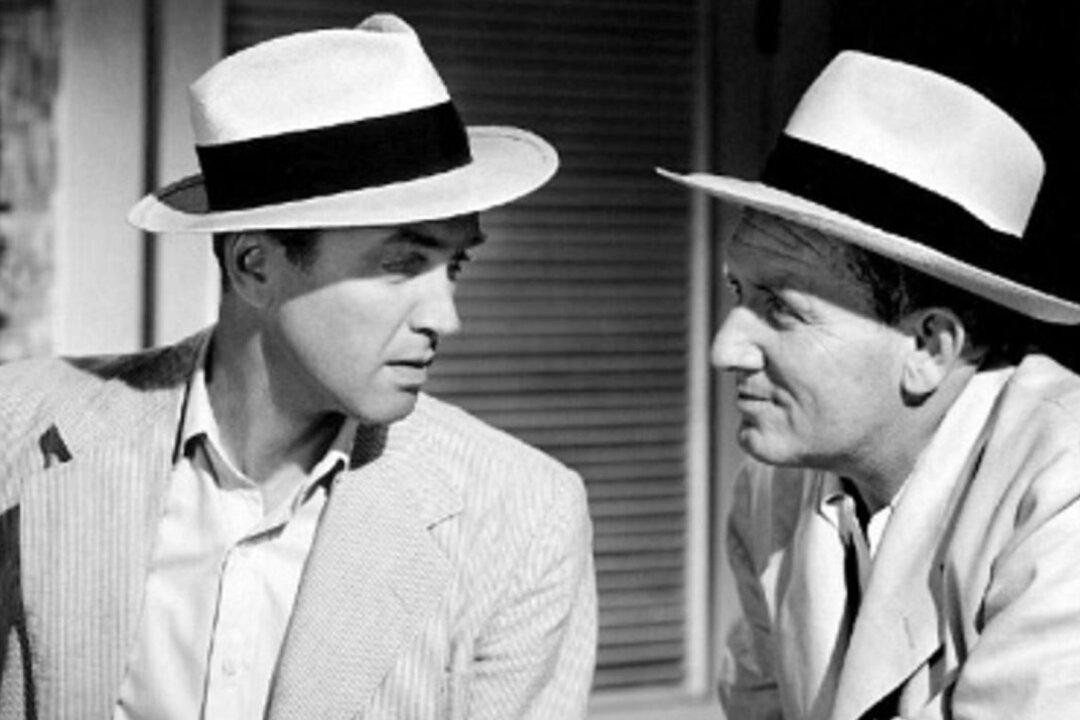NR | 1h 38m | Adventure, Drama, War | 1950
With an incredible lineup of super-talented actors and an intriguing plot based on real-life events, it’s a bit puzzling that director Richard Thorpe’s 1949 war drama “Malaya” is such an obscure cinematic offering. You would think that, with names like James Stewart, Spencer Tracy, Lionel Barrymore, and Sydney Greenstreet, a movie would practically be guaranteed to have a higher profile, if not garner an award or two.






